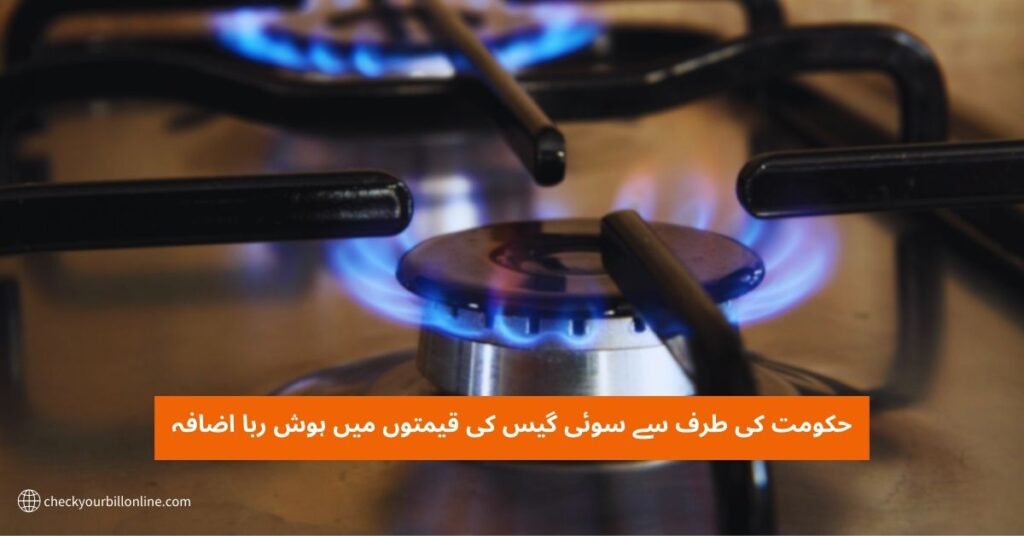In a move aimed at meeting the revenue requirements of gas utilities for the current year, the federal cabinet has greenlit a substantial 67 percent hike in the natural gas tariff, effective from February 1. The decision was finalized during a cabinet meeting chaired by caretaker Prime Minister Anwaarul Haq Kakar, where all resolutions from the Economic Coordination Committee of the Cabinet were endorsed, including the resolution to escalate gas tariffs.
Today’s Gas Prices in Pakistan
Caretaker Government Agrees to IMF Conditions, Leading to Gas Tariff Surge Across Pakistan
In compliance with the stipulations laid out by the International Monetary Fund (IMF), the caretaker government has acceded to a significant increase in gas tariffs nationwide, as reported by ARY News.
Reliable sources have disclosed that protected consumers will witness a Rs 100 per million British thermal units (MMBtu) rise in tariffs, while non-protected consumers are set to face a more substantial hike of Rs 300 per MMBtu.
Similarly, commercial gas consumers are slated to experience a notable increase of Rs 900 per MMBtu in prices, as confirmed by insider reports.
The compressed natural gas (CNG) sector will not be spared from this adjustment, with sources indicating a significant uptick of Rs 170 per MMBtu in prices. Additionally, fertilizer factories will also observe a slight uptick in gas tariffs.
The Reaction of Citizens to the Increase in Gas Price
The increase in gas tariffs has not been received well by the general public, who are already burdened with the high cost of living. Pakistan’s economy has been struggling, and this hike in gas tariffs will make it even more difficult for the common people to make ends meet. It is estimated that the increase in gas tariffs will lead to a surge in prices of daily-use items, such as food and transportation, adding to the already high inflation rate. Moreover, the hike in gas tariffs will also have a significant impact on small and medium enterprises, affecting their production costs and ultimately leading to an increase in the prices of their products.
Check your Sui Gas Bill Online SNGPL or SSCG.
Conclusion
In conclusion, the hike in gas tariffs has ignited a debate in Pakistan, with the government and opposition parties at loggerheads over its impact on the common people. While the government believes it is a necessary step, the citizens and opposition parties are criticizing it for worsening the economic crisis. The government needs to come up with effective measures to tackle the energy crisis without burdening the people, especially the poor and working class, who are already struggling to make ends meet.
